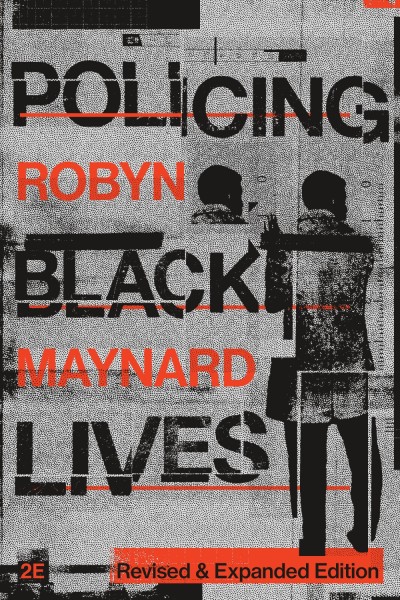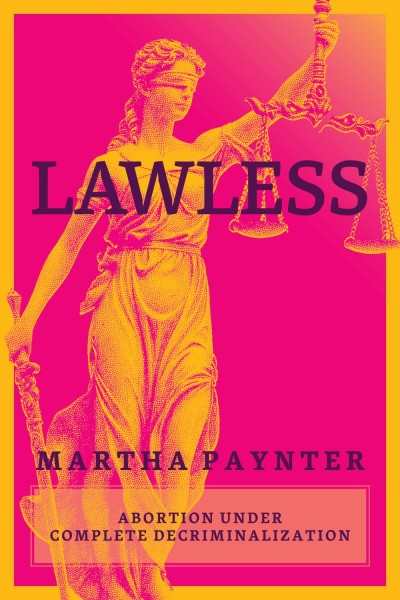
Trafficking Harms
Critical Politics, Perspectives and Experiences
This book brings together a stellar collection of scholars, activists and affected individuals who offer a much-needed critical perspective on Canada’s anti-trafficking efforts and their wide-ranging impacts, including on migrant, sex working and racialized communities.
About the book
Amid the proliferating scholarship and often sensational public campaigns, Trafficking Harms offers fresh insights and critical analyses. The collection’s four thematic areas — Discourses and Representations; Law and Prosecutions; Policing and Surveillance; Migrant Labour Exploitation — examine an array of issues, including the contested definitions of human trafficking, the application of trafficking law and policy, the conflation of sex work and trafficking, the impacts of anti-trafficking frameworks on racialized communities, questions around “victims” and “traffickers” and much more. Showcasing a mix of scholarly research, public advocacy and first-person narratives, this book is the first of its kind in Canada. The authors include a diverse group of academics, legal advocates, frontline activists who work with migrant and sex-working communities, individuals who have been charged and/or convicted of trafficking offences and those who are directly impacted by trafficking law and policing, such as domestic and migrant sex workers.
Feminism, Gender & Sexuality Labour & Unions Race & Anti-Racism Social Work Sociology
What people are saying
Borislav Gerasimov, editor, Anti-Trafficking Review“Trafficking Harms provides a long-overdue critical assessment of Canada’s dominant anti-trafficking approaches. What makes the volume particularly valuable is that it features stories of people with first-hand experience of anti-trafficking responses. The book should be read not only by academics and practitioners but also by decision-makers who are in a position to reduce the harms of anti-trafficking policies and practices in Canada.”
Leslie Jeffrey, professor, Comparative Politics and International Relations, University of New Brunswick Saint John“This collection provides an opportunity to foreground the excellent and radical work being done on Indigeneity/settler-colonialism and anti-trafficking.”
Kamala Kempadoo, professor emerita, York University. Co-editor of White Supremacy, Racism and the Coloniality of Anti-Trafficking“While critiques of anti-trafficking have circulated for several decades, this collection shines a much-needed spotlight on Canada and brings together work of leading scholars in the field. Based on empirical research with, especially, sex workers, migrant workers, and Black, Indigenous, and racialized communities, it presents powerful details about the harms these populations experience due to anti-trafficking interventions and representations. It is a timely and persuasive collection – a must-read for any student, researcher or activist concerned with social justice.”
Jamie Chai Yun Liew, professor of law, University of Ottawa and author of Ghost Citizens“This compendium is a masterpiece and is essential reading for everyone. In a time where laws, terms, concepts, and identities are often conflated and misinterpreted, this book provides clarity to the urgent discussions currently underway regarding sex work and human trafficking. Providing an intersectional, anti-carceral, decolonial, anti-racist and community-based research lens, this should be the first stop any policy maker, lawyer, judge, and service provider should make to meaningfully understand the complex dimensions of human trafficking. With stunning breadth, Trafficking Harms tackles how conditions lead to exploitation, abuse, and harm. Written by sex workers, advocates, service providers, lawyers and researchers, this book provides a dignified and nuanced critique of how sex work and people engaged with it are treated in our legal system and society at large.”
Contents
- Introduction
- Understanding Human Trafficking: An Examination of Discourses, Laws, Policing and Migrant Labour (Katrin Roots, Ann De Shalit and Emily van der Meulen)
- Section One: Trafficking Discourses and Representations
- Beyond Carceral Humanitarianism: Antiblackness as the Structure of Anti-Trafficking Discourse (Lyndsey P. Beutin)
- Emergence and Convergence of the Pimp and Trafficker in Media Discourse: Creating a New Super Folk Devil (Stacey Hannem and Chris Bruckert)
- A Narrative on Anti-Trafficking Discourse and Advocacy in Newfoundland (Laura Winters)
- Section Two: Trafficking Law and Prosecutions
- Prosecuting Trafficking in Persons Offences: Problems and Pitfalls in the Post-PCEPA Era (Tamara O’Doherty and Hayli Millar)
- Human Trafficking Law and Policy: Exacerbating Racial and Gendered Violence in Ontario (Sandra Ka Hon Chu and Robyn Maynard)
- Targeting Asian Massage Parlours in the Name of Anti-Trafficking: Experiences of Asian Women in Toronto (Elene Lam)
- A Narrative on Defending People Charged with Human Trafficking (Mash Frouhar)
- A Narrative on Being Charged with Human Trafficking (Anonymous)
- Section Three: Trafficking Policing and Surveillance
- Anti-Trafficking and Data-Driven Policing: A Whole-of-Society Strategy (Robert Heynen)
- Anti-Trafficking Policing in Vancouver: The Denial of Crimes Against Asian Sex Workers (Alison Clancey and Julie Ham)
- Challenging Notions of Benevolence and Protection: Settler Colonial Anti-Trafficking Policing in Manitoba (Julie Kaye and Cerah Dubé)
- A Narrative on Being an Indigenous and Trans Sex Worker in Winnipeg (Victoria Erin Flett)
- Section Four: Trafficking and Migrant Labour Exploitation
- Discretionary Decisions in Immigration: Accessing Temporary Resident Permits as a Victim of Trafficking (Jessica Templeman)
- Redefining “Exploitation”: Reconciling Human Trafficking Provisions with Canada’s Migrant Farm Work Program (Shane Martínez)
- A Narrative on Organizing for Migrant Farm Worker Justice (Chris Ramsaroop)



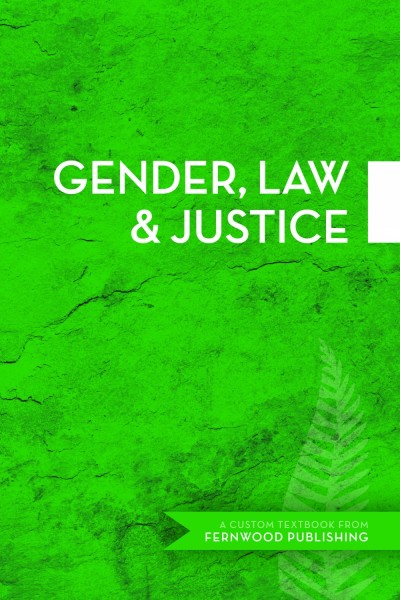
_cover-FINAL_400_600_90_s.jpg)
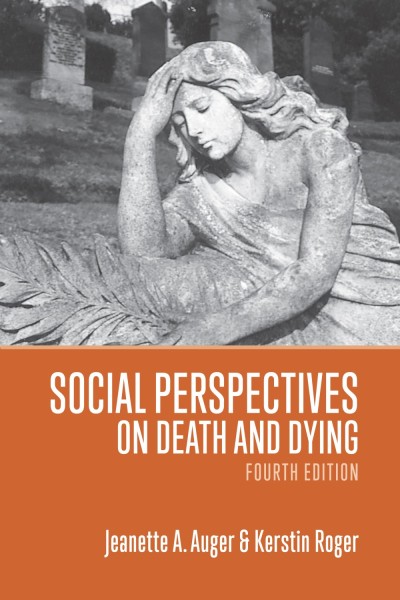
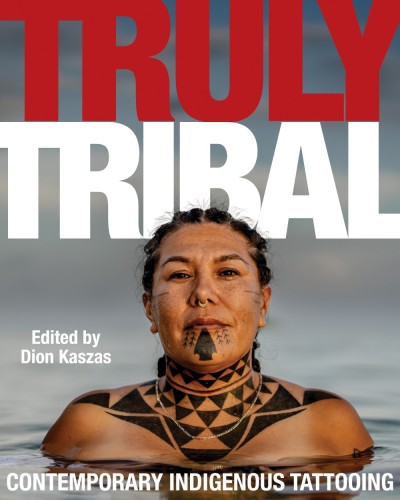
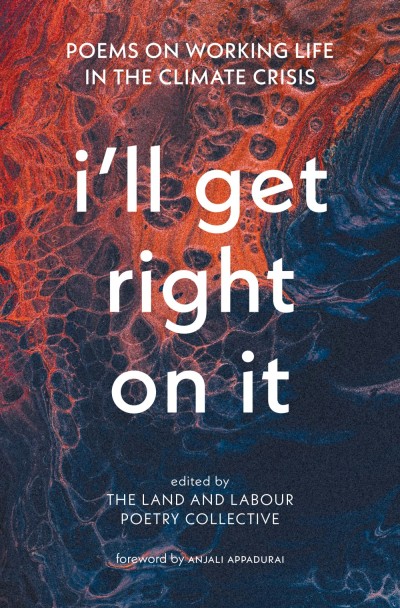
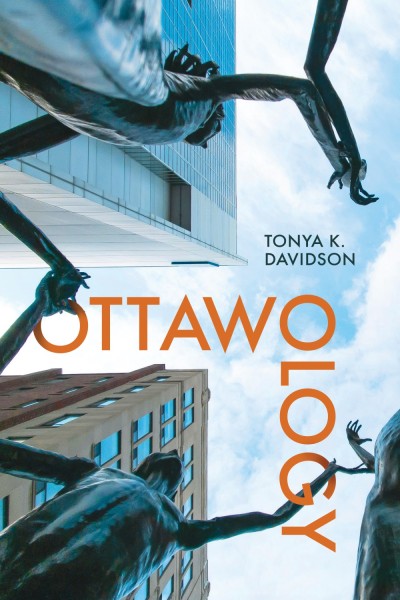
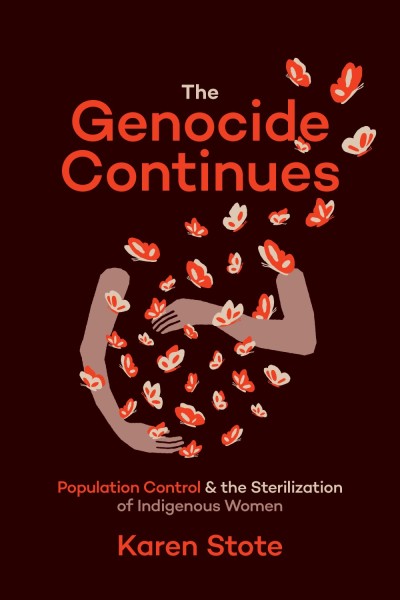
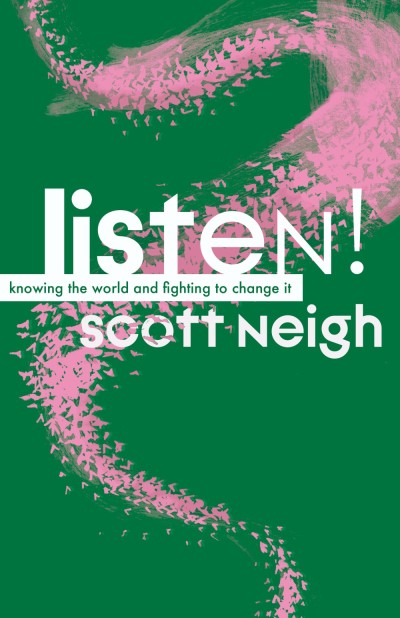
_cover-FINAL_400_600_90_s.jpg)
